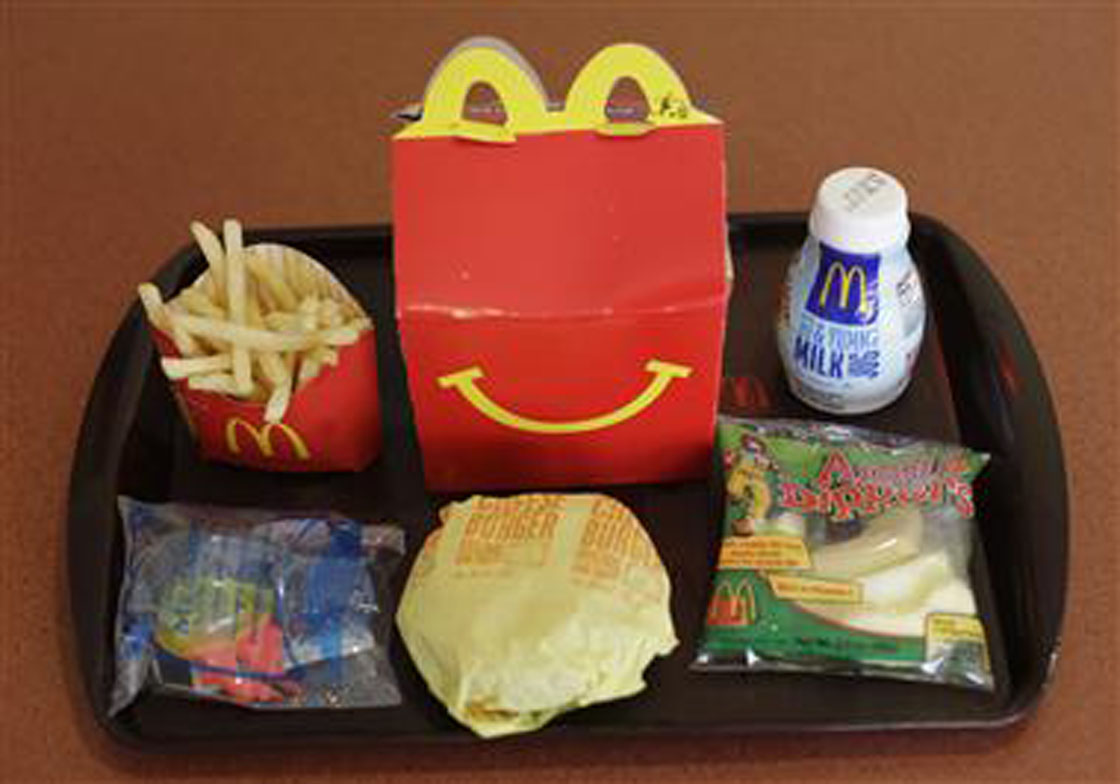TORONTO – If grocery stores slapped high taxes on bags of chips, two-litre bottles of Coke and chocolate bars, would that stop consumers from buying unhealthy food?

Yes, British researchers say in a new study, but only if the tax was at least 20 per cent. Smaller taxes probably won’t scare consumers away from sugar and fat-laden foods, they warn.
Obesity experts around the world have urged policy makers to consider implementing “fat taxes” that would force consumers to think twice about buying junk food.
The study, conducted by public health professors at Oxford University, says obesity and other diet-related diseases would see a decrease if fast food and other unhealthy items were taxed at a minimum of one-fifth of the price.
The British Medical Journal article notes that Denmark was the first out of the gate to enforce a “fat tax.” Hungary has a “junk food tax” and France throws additional taxes on all sweetened drinks.
Peru is even planning for extra levies on junk food while the United Kingdom, one of the world’s most overweight nations, is considering fat taxes on all unhealthy fare.
SOUND OFF: Do you think adding a “fat tax” of 20 per cent on all junk food in Canada will make consumers eat healthier? Tell us what you think on Facebook.
The Oxford scientists say that fat taxes, paired with subsidies on healthy foods, such as fruits and vegetables, would be an ideal policy for countries battling obesity.
A study in the United States even found that when a 35 per cent tax on sugary drinks was enforced, sales dropped by a steep 26 per cent.
Other research suggests that a 20 per cent tax slapped on sugar-sweetened drinks in the U.S. would cut obesity rates by 3.5 per cent. In the UK, increasing VAT taxes could lead to 2,700 fewer heart disease-related deaths a year.
Still, not everyone is convinced that a tax on unhealthy food is a good idea.
The food industry has called the fat tax “unfair, ineffective and damaging,” according to the BMJ. Still, the study authors say that the tobacco industry also fought against higher cigarette taxes before they were in place.
From a political stance, the study notes that introducing the tax and enforcing it would be tricky.
carmen.chai@globalnews.ca

Comments